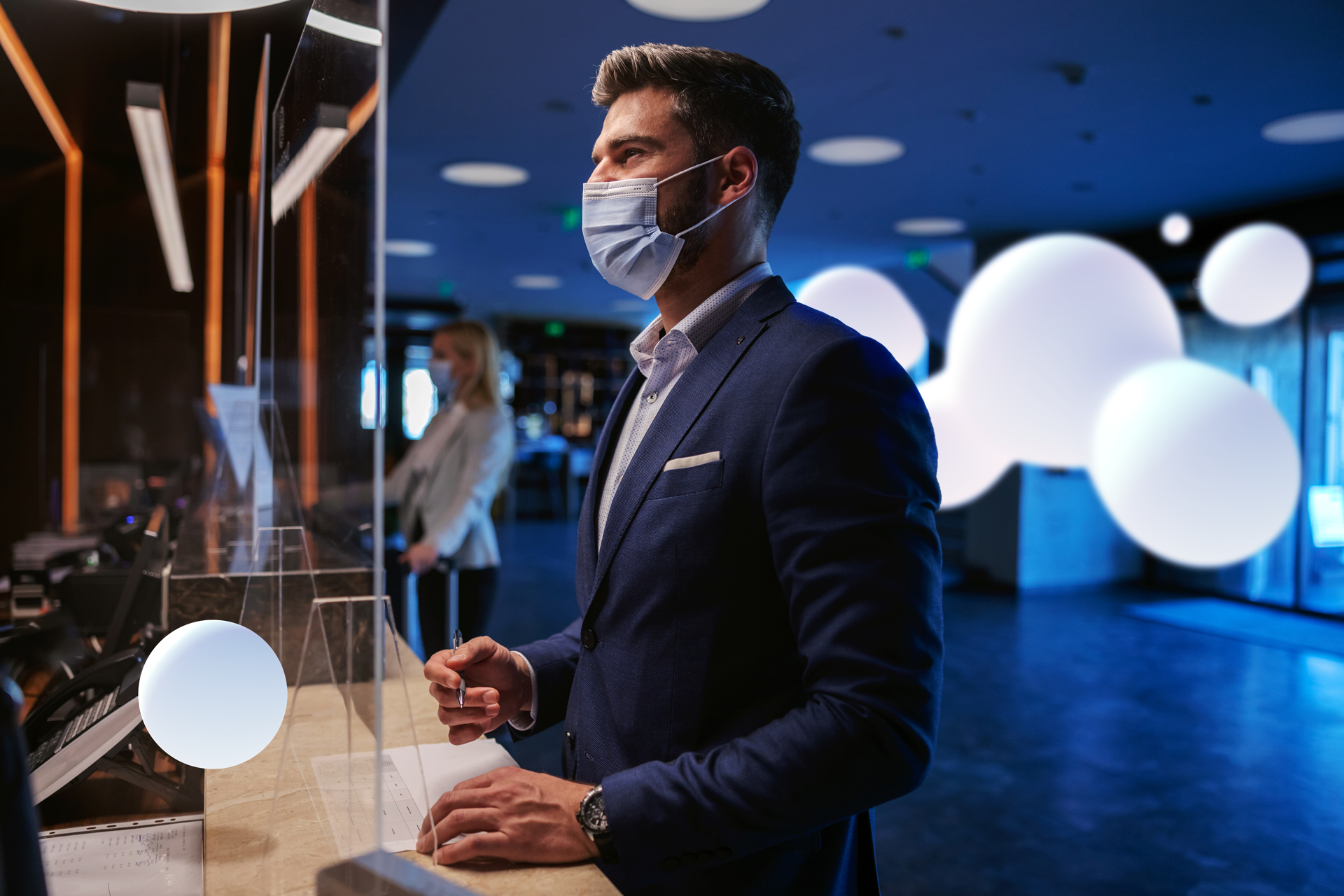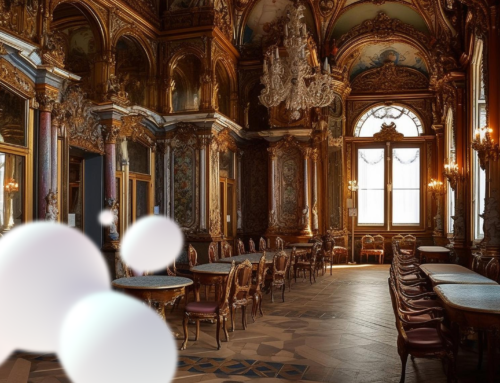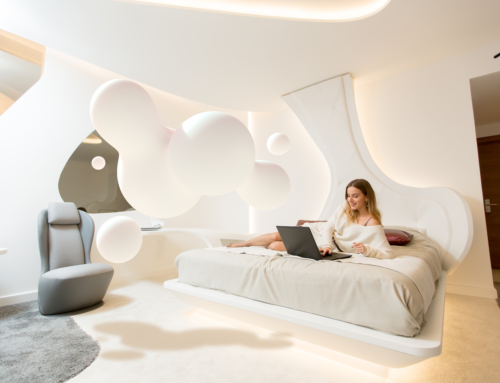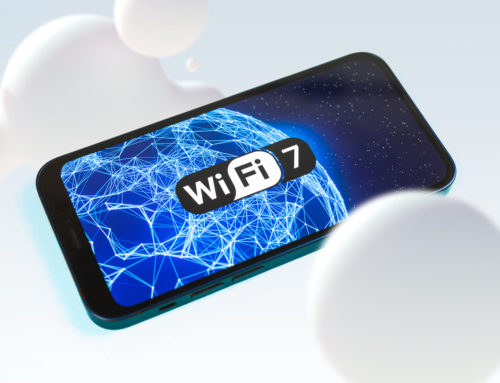There have been many attempts this year to use the benefits of technology to avoid the closure of the hospitality industry. The so-called HORECA sector -which includes hotels, restaurants and cafeterias- has invested large sums of money in security measures. These have been imposed by the administrations with the aim of guaranteeing the safety of the population during the pandemic.
Despite these efforts, their businesses are forced to close indiscriminately and globally as contagions increase. This fact is justified by the fact that the administrations cannot verify compliance with the measures imposed, because there is no protocol for recording the actions of each business.
Innovative solution
In order to put an end to this problem, the project ‘Intelligent system in the HORECA sector to minimize the risk of SARS-CoV-2 —HoreCoV-21— type viral contagio‘, was created.
The idea is to develop an intelligent system for monitoring and reducing the risk of SARS-CoV-2 type viral infections in the HORECA sector. The aim is to guarantee and increase the health and safety of workers and customers through an ICT tool. This would prepare the hospitality industry in a competitive and safe way to control the risk of contagion in their facilities.
The objective is to sensor the HORECA sector with state-of-the-art technologies. These include artificial intelligence (AI) cameras for distance measurement, thermal micro-cameras integrated in SmartGlasses, measurement of particle sizes in air and CO2, PCR in wastewater from the premises and interpersonal distance measurement using proximity tokens.
The data obtained and recorded will be processed by an AI tool that will provide a risk level of the premises based on the information received by the sensors. The package of applications developed will provide valuable information to the actors in the sector. In this way, establishments will be able to apply corrective measures in the event of non-compliance, which will help mitigate the spread of the virus. In addition, administrations will be able to monitor the state of the sector in real time and act in a localized manner to avoid total closures. Finally, the end consumer will be able to know the security of the premises before making a reservation, increasing confidence in them.
How this technology works
HORECoV-21 will allow the development of technology and its transfer to the hospitality industry. In this way, it will help to minimize the socioeconomic impact of the pandemic on the sector, allowing a rapid recovery; reduce social alarm through the installation of electronic devices —such as sensor modules that will measure suspended particles or the viral presence in wastewater— that will mitigate the perception of alarm in catering establishments; and reinforce the fight against the disease at the institutional and social level by providing real-time information on the status of catering establishments.
In addition, the system will have a flexible Artificial Intelligence agent based in the cloud —Cloud-loT platform—. This will analyze and model the acquired data, to finally inform the different users of the system of the periodicity of disinfection of spaces and hospitality facilities, display warnings related to the maintenance of social distancing, or even suggest specific behaviors and alternative itineraries to minimize the risk of contagion. This information will be displayed through different types of data visualization and interpretation interfaces —smartphone mobile application, web interface…—.
The system will also enable the automatic activation of different devices or warnings. The aim is to improve safety and prevention conditions indoors. Such as, for example, interpersonal distance, ventilation, disinfection procedures, etc. This shows that the use of technology is indispensable to prevent the closure of the hotel and catering business.




